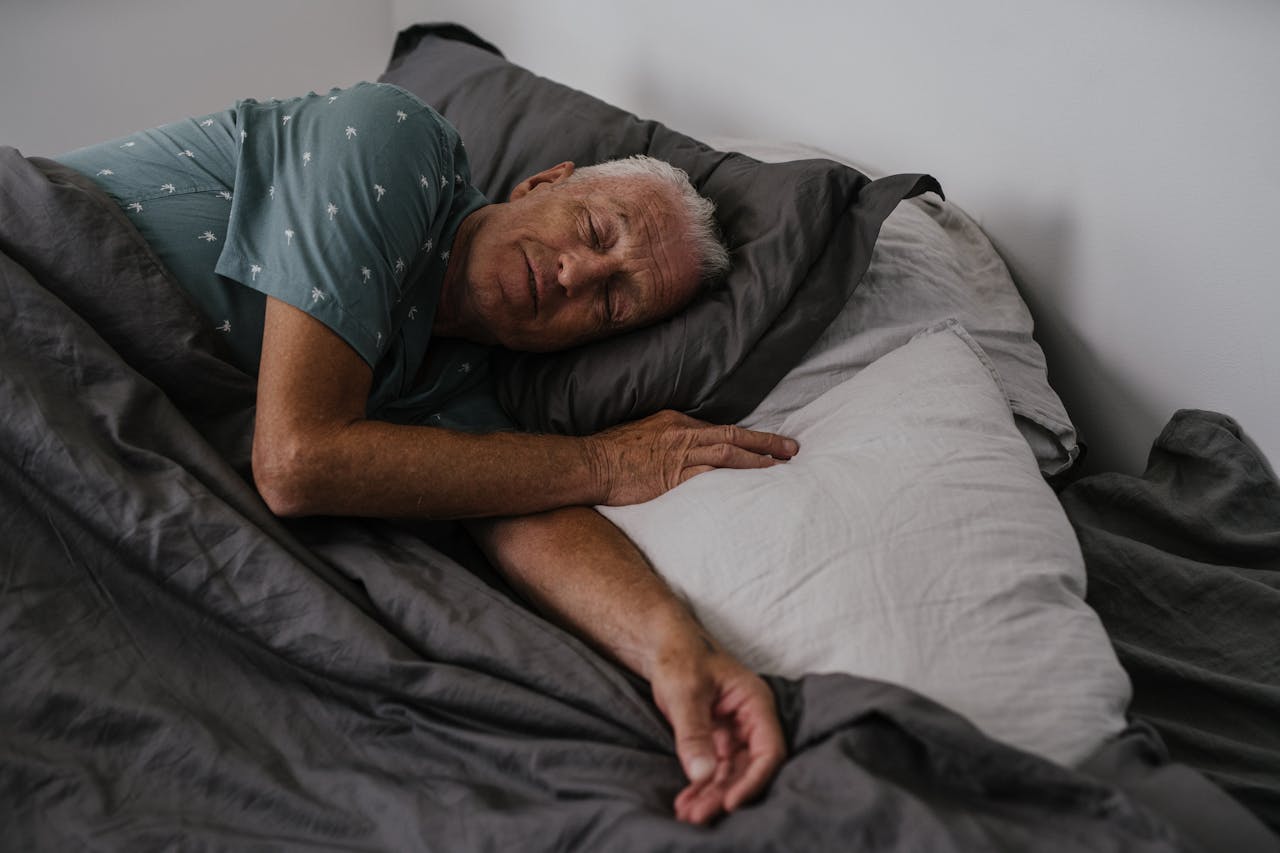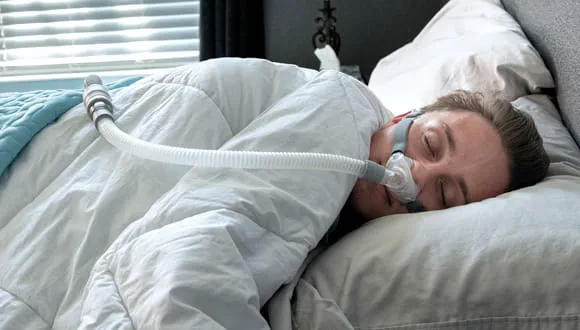The Link Between Sleep Apnea and Health

Sleep is essential for our overall health and well-being. It allows our bodies to rest and recharge, repairing damage and preparing us for the day ahead. However, getting a good night’s sleep is a struggle for many people due to often undiagnosed sleep problems such as sleep apnea.
This article will explore the link between sleep apnea and sleep health and how it can impact overall well-being.
What is Sleep Apnea?
Sleep apnea is a common sleep disorder that affects millions of people worldwide. It is characterized by pauses in breathing or shallow breathing during sleep. These pauses can last from a few seconds to minutes and occur multiple times throughout the night. As a result, the brain and body may not receive enough oxygen, leading to disrupted sleep and potential health problems.
Types of Sleep Apnea
There are three main types of sleep apnea: obstructive sleep apnea, central sleep apnea, and complex sleep apnea syndrome.
- Obstructive sleep apnea (OSA) is the most common type and occurs when the muscles in the back of the throat relax, causing the airway to narrow or close.
- Central sleep apnea (CSA) is less common and happens when the brain fails to signal to the muscles that control breathing.
- Complex sleep apnea syndrome (CSAS) is a combination of both obstructive and central sleep apnea.
The Link Between Sleep Apnea and Health
Sleep apnea can have a significant impact on your overall health and well-being. Here are some of the ways it can affect your body:
Increased Risk of Heart Disease
Sleep apnea has been linked to an increased risk of heart disease. The repeated pauses in breathing can cause a drop in oxygen levels, putting a strain on the heart. This can lead to high blood pressure, heart rhythm problems, and even heart failure.
Weight Gain and Obesity
People with sleep apnea are more likely to gain weight and become obese. This is because the lack of quality sleep can disrupt the hormones that control appetite, leading to overeating and weight gain. Obesity, in turn, can worsen sleep apnea, creating a vicious cycle.
Diabetes
Sleep apnea has also been linked to an increased risk of developing type 2 diabetes. The lack of quality sleep can affect the body’s ability to use insulin, leading to high blood sugar levels. This can increase the risk of developing diabetes, especially in people who are already at risk.
Mental Health Issues
Sleep apnea can also have a significant impact on mental health. The constant interruptions in sleep can lead to irritability, mood swings, and difficulty concentrating. It can also increase the risk of developing depression and anxiety.
Daytime Fatigue and Sleepiness
One of the most common symptoms of sleep apnea is daytime fatigue and sleepiness. The constant interruptions in sleep can leave you feeling exhausted and drowsy during the day, making it difficult to concentrate and perform daily tasks.
Increased Risk of Accidents
The daytime fatigue and sleepiness caused by sleep apnea can also increase the risk of accidents. People with sleep apnea are more likely to fall asleep while driving or operating heavy machinery, putting themselves and others in danger.
Insomnia
While sleep apnea and insomnia are distinct sleep disorders, they can be interconnected and influence each other. Individuals with sleep apnea may experience symptoms of insomnia, such as difficulty falling asleep or staying asleep, due to the disruptions in their sleep caused by breathing pauses or shallow breathing. The fragmented sleep patterns associated with sleep apnea can contribute to the development of insomnia symptoms.
Conversely, insomnia can exacerbate the symptoms of sleep apnea by leading to sleep deprivation and increased stress levels, which can worsen the severity of breathing pauses during sleep. Insomnia can also impact the overall quality of sleep, making it challenging for individuals with sleep apnea to achieve restorative and uninterrupted sleep.
Treating sleep apnea and insomnia is crucial for improving sleep quality and overall well-being.
Cognitive Behavioral Therapy for Insomnia (CBTI) has been shown to be an effective treatment for improving sleep in individuals with both insomnia and sleep apnea.
A study published in the Journal of Clinical Sleep Medicine found that individuals with comorbid insomnia and sleep apnea who underwent CBTI experienced improvements in sleep quality, reduced insomnia severity, and decreased sleep apnea symptoms. The participants reported better sleep continuity and increased total sleep time after receiving CBTI.
How to Improve Sleep Quality

If you suspect you have sleep apnea, it is essential to seek medical help. A sleep study can diagnose the condition and determine the best course of treatment. In addition to medical treatment, you can also make lifestyle changes to improve your sleep quality and reduce sleep apnea symptoms.
Maintain a Healthy Weight
As mentioned earlier, obesity can worsen sleep apnea. Maintaining a healthy weight through a balanced diet and regular exercise can help reduce sleep apnea symptoms.
Avoid Alcohol and Sedatives
Alcohol and sedatives can relax the muscles in the throat, making it more likely for sleep apnea to occur. Avoiding these substances before bedtime can help improve sleep quality.
Sleep on Your Side
Sleeping on your back can worsen sleep apnea. Try sleeping on your side to keep your airway open and reduce the risk of pauses in breathing.
Use a CPAP Machine
Continuous positive airway pressure (CPAP) machines are the most common treatment for sleep apnea. They deliver a constant flow of air through a mask, keeping the airway open and preventing pauses in breathing.
Try Oral Appliance Therapy
Oral appliance therapy involves wearing a custom-made mouthguard while sleeping. The mouthguard helps keep the airway open and can effectively treat mild to moderate sleep apnea.
Conclusion
Sleep apnea is a common sleep disorder that can significantly impact overall health and well-being. If you suspect you have sleep apnea, it is essential to seek medical help, as it can lead to serious health problems if left untreated.
By making lifestyle changes and seeking medical treatment, you can improve your sleep quality and reduce sleep apnea symptoms. Remember, a good night’s sleep is essential for a healthy mind and body.
Trouble sleeping? Contact me today to schedule your free virtual consultation and begin your journey to good nights and better days.
To learn more about sleep health and science-backed tips to improve your mental health, visit our Blog.
